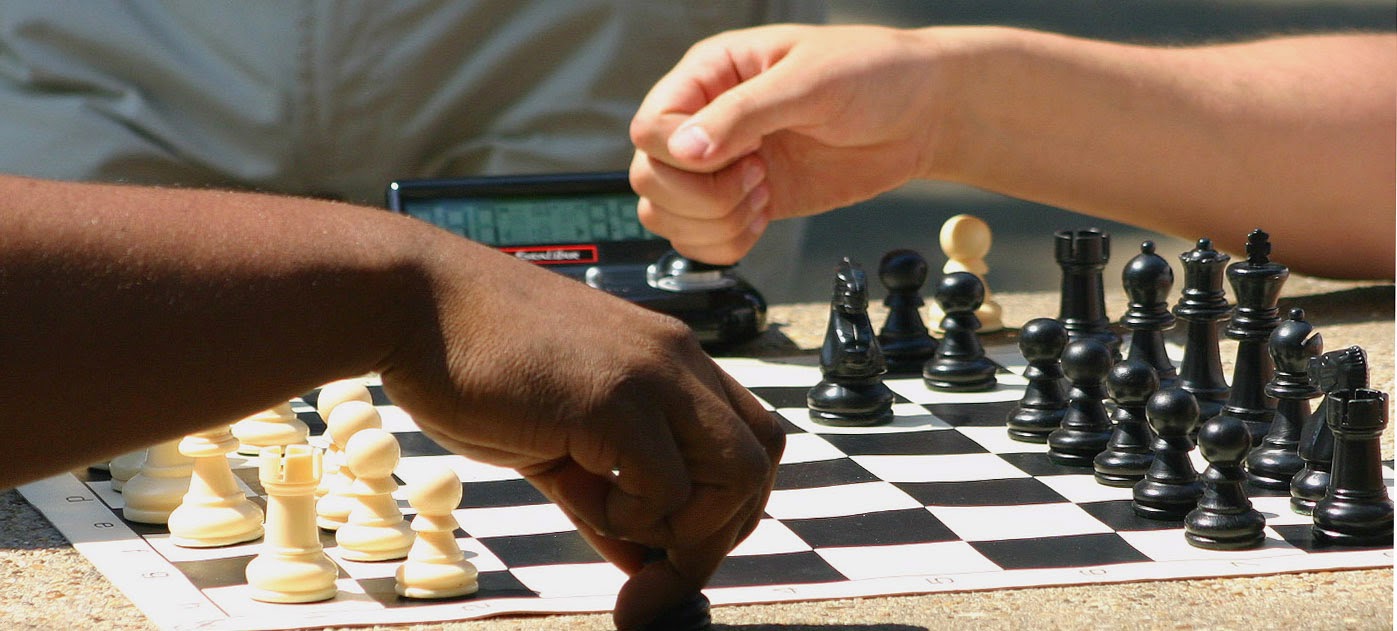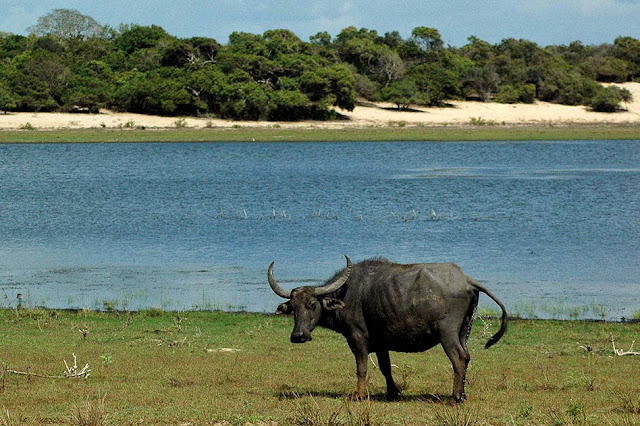Somewhere in the middle of the year 1995 I received a letter. I was a student in a university in Upstate New York at the time. I knew the name of the author. I knew his face. I didn’t expect a letter from him and if anyone had asked me ‘What would Nihal Fernando have to say to you?’ I would have had to say ‘I have no idea!’
I had first seen him ten years before. This was at the Lionel Wendt Gallery which hosted the exhibition ‘The Wild, The Free, The Beautiful’. I had always been fascinated by the beauty of my country, its diversity, its people, places, history, culture and heritage. Nihal Fernando had captured the essence of all that. It was not a one-off exhibition. It was the life work of someone who loved this land arguably as much as anyone did or more. It was ‘work’ that continued for two more decades. Age and illness stopped him, as it stops us all sooner or later, but Nihal Fernando’s heart never stopped. He loved to the end.
That letter had nothing to do with photography. It had everything to do with love. It was a short letter, hand-written. The essence is as follows: ‘I was told that you can write. We are trying to stop the sale and ruination of the Eppawala Phosphate deposits. Help us.’ He gave references. He detailed the issue. He was in the forefront of an authentically citizens’ movement that went against the most powerful individuals and entities in the country. They were not part of the rent-a-protest mob that calls itself ‘civil society’ but by and large does little more than make money off people’s miseries. They were honorable citizens; they didn’t wave flag or make a fuss about nation and nationality but nevertheless were truer patriots than those chest-beating groups who use that tag. They won the day.
That was when I first got a flavor of the passion that had driven this incredible human being. It is as though his entire being, every cell and every thought, was infused with love for this country and its people. It was soft sentiment, through and through, and this is shown in the incredible patience that is so obviously an integral part of his work. That and a tirelessness to explore every corner of this blessed land.
I visited him at his house down Skelton Road several times thereafter. Almost ten years after he sent me that letter ‘Uncle Nihal’ proposed that I help him with a new project. I was working at the Sunday Island at the time. He gave me a bunch of beautiful black and white photographs. He also loaned me a copy of D.S. Senanayake’s ‘Agriculture and Patriotism’. He had picked out paragraphs and marked the photos that should go with each.
So for the next year or so we did just that. Under the title ‘Agriculture and Patriotism’ there would be a photograph with a quote from the book. The observations and recommendations, I found, were valid more than half a century since they were first printed. After a few weeks I added a comment to each quote by way of alluding to present-day policy preferences and their flaws. He didn’t object. He kept sending more pictures until we ran out of quotes and thereafter sent me other photographs to ‘do as I please’ with them. He helped decorate those pages with so much affection, I remember.
I last met him a few months ago when I dropped by Studio Times next door. When I inquired after him, his daughter Anu said ‘You can see him but be prepared to be shocked’. He had deteriorated a lot, she said. Uncle Nihal didn’t speak much. I didn’t want to exhaust him so I didn’t stay too long. But he was lucid in the short observations he offered to whatever I had to say. His smile and his gaze had not aged, I noticed. Something never do, I suppose. Like everything he gave us in his long and eventful life, all the beauty, grace and eloquence in stone, light, personality and other physical and social architectures that he captured.
His intellect was as keen as his eye. He was wise about all the many flaws of our political systems, structures of governance and of course the treachery of sections of the business community. He said way back in 1986, ‘The fight to keep safe the wild, the free and the beautiful, even in this blessed land, has been long and hard fought – I for one have lost every skirmish’.
He had figured it all out: ‘They (whoever) employ a time-tested method. First, they do their homework. They study all the people, the NGOs, scientists and officials. Then they offer subtle bribes such as trips abroad and consultancies. Then they come up with a grand claim: “we have got consensus!” At the end of us it’s a sell out that often includes changing our laws.’
He had once been invited for lunch at a five-star hotel by a World Bank official. Nihal had said ‘I can’t afford it’. The official had responded, ‘No, I will pay.’ Nihal’s answer, I recorded ten years ago as ‘a classic in that it contains the essence of the political economy that governs our lives, the threat and the answer to everything that seeks to destroy our way of life and our heritage: ‘No, you don’t understand, I am paying!’
Nevertheless, to him Sri Lanka was always ‘A land without sorrow’. He would say this again and again ‘That’s what we are and how we should portray ourselves, a land without sorrow’. In a way, even in this moment of sorrow when he’s left us forever, one realizes the truth of the claim.
Manik De Silva, Editor-in-Chief, Sunday Island, my first boss in the newspaper industry and mentor, offered a headline to an interview I had done with this amazing man: ‘Nihal Fernando: the Lanka lover behind the lens’. Captured it all.




















